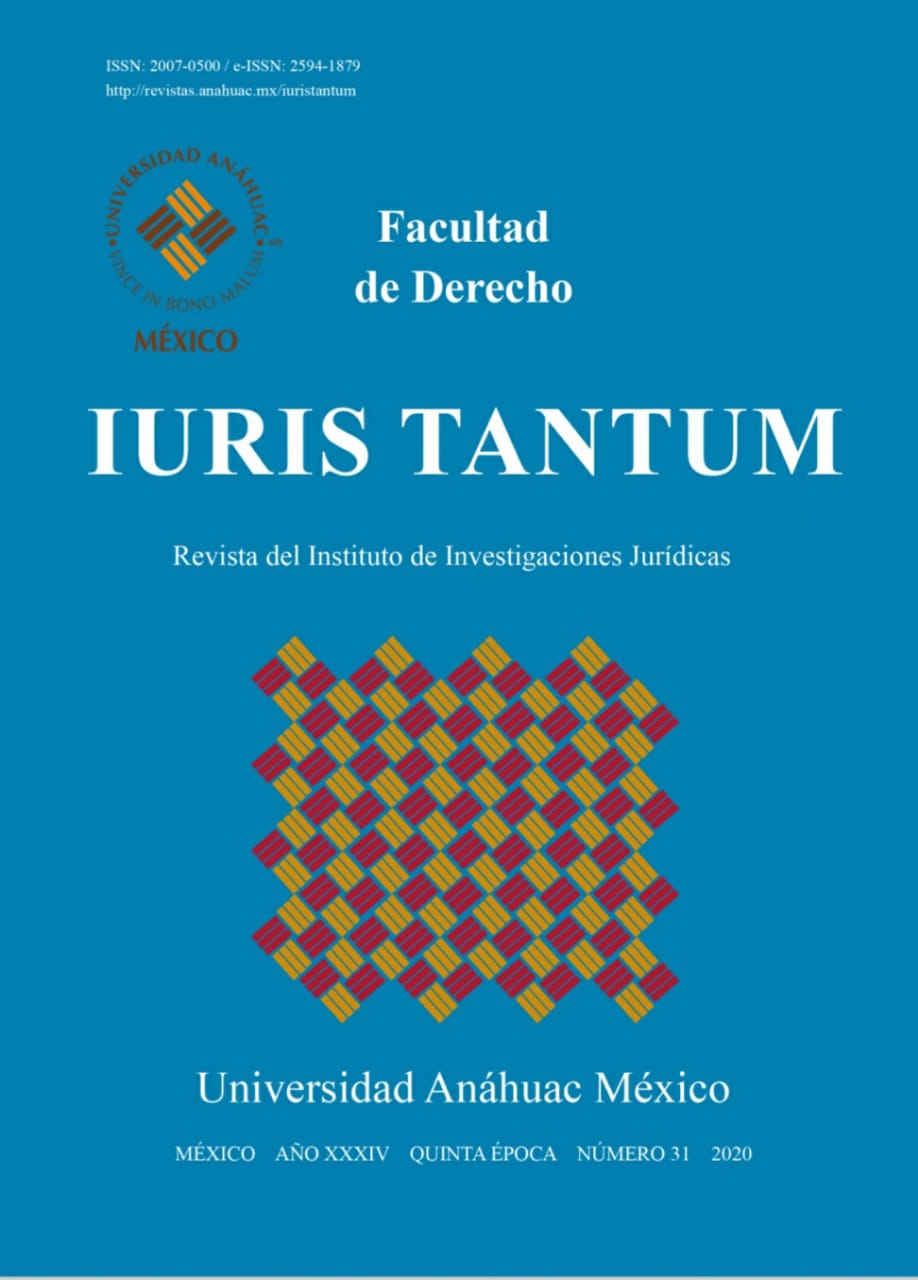THE MEXICAN STATE IN THE FACE OF COVID-19: THE DANGERS OF ITS ABSENCE AND AN UNEXPECTED ROLE
Main Article Content
Abstract
The present research debates the role of the State in the face of the pandemic derived from the Covid-19, focusing on the case of Mexico and its consequences for democratic governance. In this sense, and previously presenting a historical context about the incremental role of the State in the last centuries, it is analyzed how the expected role of State protagonist due to the multidimensional crisis of the Covid-19 is not being produced in the North American country. On the contrary, the lack of solid and decisive action on the part of the federal executive seems to be leading to a notable increase in poverty and in the number of those who have died from the virus, which could even condition the democratic quality of the country.
Downloads
PLUMX Metrics
Article Details
Iuris Tantum is distributed under international Creative Commons Attribution-NonCommercial-ShareAlike 4.0 International License.
The author keeps the property rights with no restriction whatsoever and guarantees the magazine the right to be the first publication of the work. The author is free to deposit the published version in any other medium, such as an institutional archive or on his own website.
References
de Cultura Económica.
ARAGÓN, M. (1996): Gobierno y poder ejecutivo. Filosofía política: Teoría del
Estado. Alfonso Ruiz Miguel. Madrid: Editorial CSIC.
ANDRADE SÁNCHEZ, E. (1987): Teoría general del Estado. Colección de textos
jurídicos universitarios. Ciudad de México: Harla Editorial.
BERLÍN VALENZUELA, F. (1994): Derecho Parlamentario. Ciudad de México:
Fondo de Cultura Económica.
BLANCO VALDÉS, R. (1994): El valor de la constitución. Madrid: Alianza Editorial.
BLANCO VALDÉS, R, (2010): La construcción de la libertad. Madrid: Alianza
Editorial.
BOVERO, M. (2007): Prefacio. Nuevas reflexiones sobre democracia y constitución.
La democracia constitucional. Una radiografía teórica. Pedro Salazar
Ugarte. Ciudad de México: Fondo de Cultura Económica.
CHEIBUB, J.A. (2007): Presidentialism, Parliamentarism and democracy. Nueva
York: Cambridge University Press.
CLAVERO, B. (2007): El orden de los poderes. Historias constituyentes de la
trinidad constitucional. Madrid: Editorial Trotta.
COTARELO, R. (1996): Teoría del Estado. Filosofía política: Teoría del Estado.
Alfonso Ruiz Miguel. Madrid: Editorial CSIC.
CONEVAL (2020). La política social en el contexto de la pandemia por el virus
Sars-Cov-2 (Covid-19) en México. Accesible en: www.coneval.org.mx
DE BLAS GUERRERO, A. (1981): Elementos constitutivos del Estado. Ramón
Cotarelo, “Introducción a la teoría del Estado”. Barcelona: Editorial Teide.
DUVERGER, M. (1992): Instituciones políticas y derecho constitucional. Ciudad
de México: Editorial Ariel.
FRIED, M. (1979 [1960]): Sobre la evolución de la estratificación social y del
Estado. J. Llobera (editor), Antropología política (pp. 133-151). Barcelona:
Anagrama.
INEGI (2020). Estadísticas a propósito del día del trabajo datos nacionales. Comunicado
de prensa núm.166/20.
MONTESQUIEU, D.S. (1906): El espíritu de las leyes. Madrid: Librería General
de Victoriano Suárez.
ROUSSEAU, J.J. (2000): El contrato social o principios de derecho político. Ciudad
de México: Editorial Porrúa.
SALAZAR UGARTE, P. (2006): La democracia constitucional. Una radiografía
teórica. Ciudad de México: Fondo de Cultura Económica.
SARTORI, G. (1996): Ingeniería constitucional comparada. Una investigación
de estructuras, incentivos y resultados. Santiago de Chile: Fondo de Cultura
Económica de Chile.
SHUGART, M. y CAREY, J. (1992): Presidents and assemblies: constitutional
design and electoral dynamics. Nueva York: Cambridge University Press.
SOLOZÁBAL ECHAVARRÍA, J.J. (1981): Sobre el principio de la separación
de poderes. En Revista de Estudios Políticos (Nueva Época), No. 24, noviembre-
diciembre de 1981.

